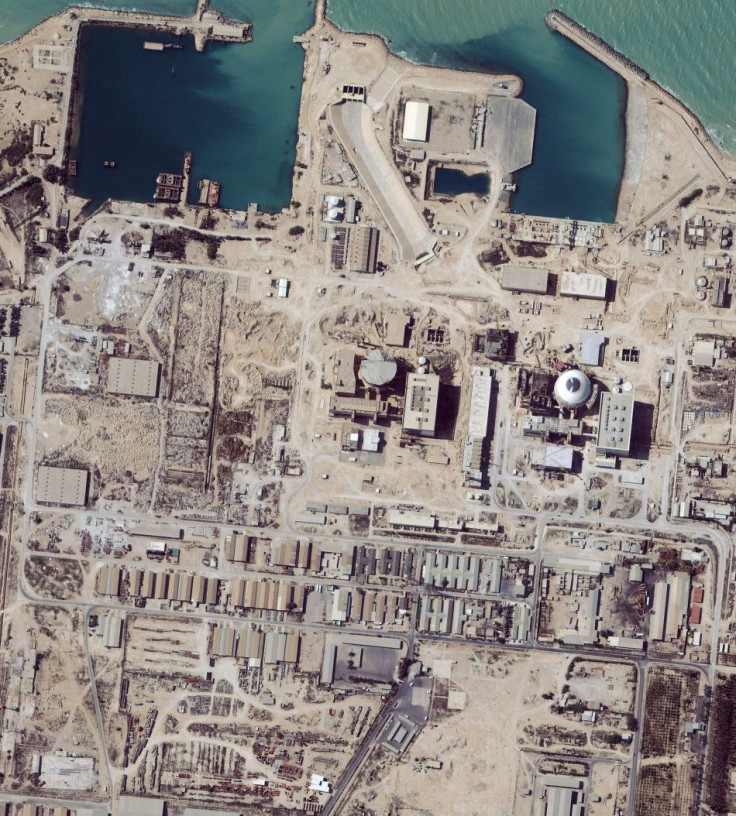Israel Welcomes Iran-World Power Talks, But Believes Military Strike Only Alternative to Solve Issue

Israel was guarded in its approach to the resumption of talks with Iran by the world powers on Wednesday. Six world powers including the United States, France, Britain, China, Germany and Russia had expressed their willingness to continue talks with Iran over its nuclear program.
Iran had offered to open up a key military base for international inspections, which the world powers suspect would be used for a its secret nuclear program.
Israel, who strongly suspects Iran's nuclear program as destructive, has repeatedly raised concern over the issue with the U.S. and other countries.
I'm very happy that they are opening discussions, said Israel's Prime Minister Netanyahu's national security adviser, Yaakov Amidror, according to a Reuters report. He said Israel would welcome the talks if it could resolve the issue peacefully.
There will be no one happier than us, and the prime minister said this in his own voice, if it emerges that in these talks Iran will give up on its military nuclear capability, he told Israel Radio, Reuters report added.
Netanyahu had demanded a stop to Iran's uranium enrichment program immediately, ahead of his visit to U.S on last Monday. Though all the major powers, including the U.S, hope to halt Tehran's nuclear program peacefully, Israel has repeatedly spoken of using military power, if diplomacy fails.
Netanyahu has said that it will not allow Iran to build a bomb and has asserted that it will take all possible measures to avert it.
Israel, which has a bitter relations with Tehran, believes that nuclear-powered Iran will destabilize the region and might not hesitate to use it against Israel.
U.S. and other countries fear that a full-fledged strike by Israel on Iran would be counterproductive. It can shatter the already crippled world economy further by skyrocketing fuel prices. U.S. had urged Israel not to take any hasty decision in this direction.
However, Amidror expressed his doubts regarding Tehran's unwillingness to part with its nuclear program without a military strike.
It should be clear that without a real military alternative, the Iranians will not relent in the negotiations. And without there being a serious alternative, they will not enter the negotiations, and in any event there has to be readiness for the negotiations failing, Amidror said, according to a Reuters report.
© Copyright IBTimes 2025. All rights reserved.






















